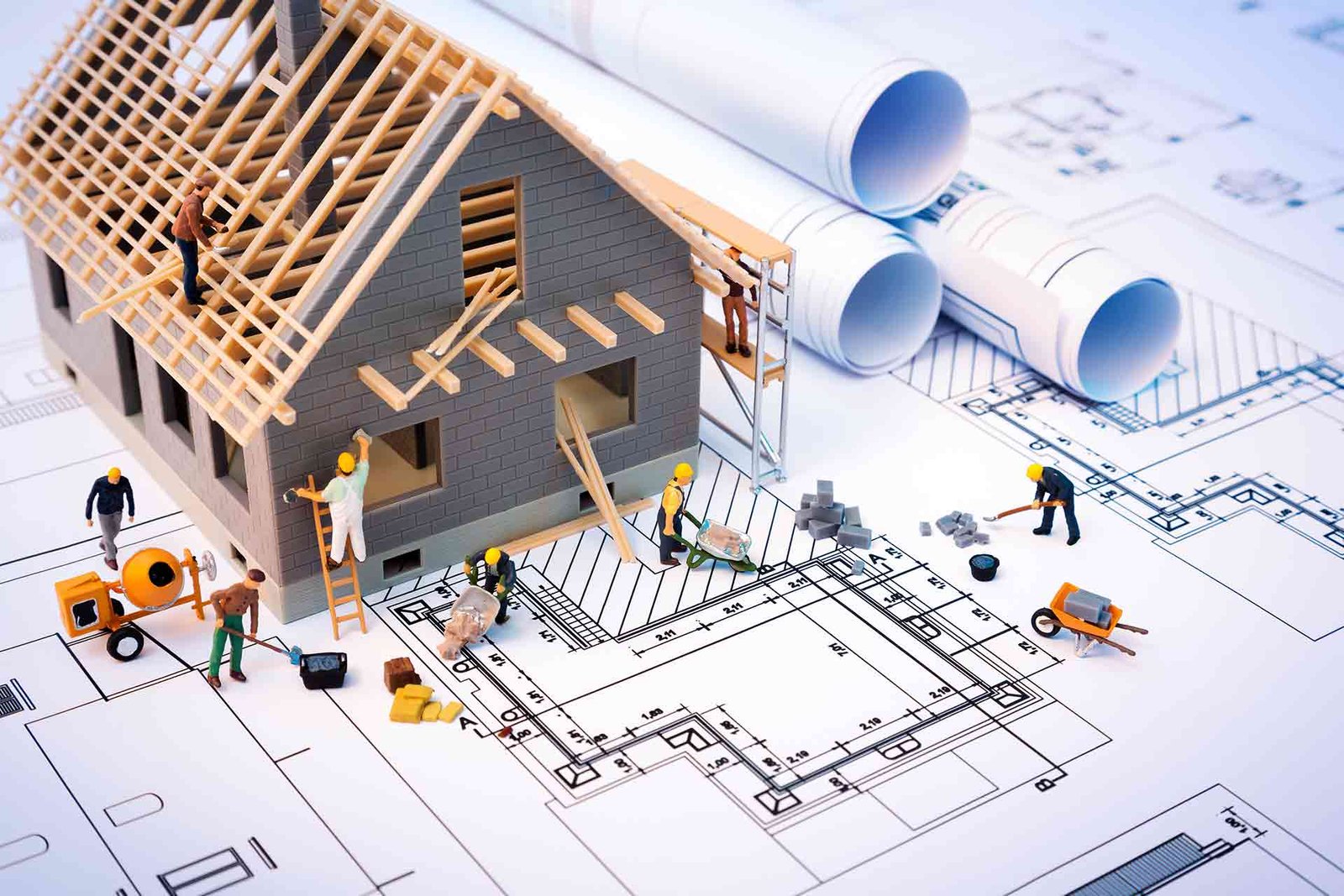When it comes to purchasing a home, the stakes are high. It’s one of the most significant investments you will ever make, and ensuring that your new property is in good condition is crucial. That’s where home inspection Royal Oak services come into play. A thorough home inspection can help you identify potential problems before you finalize your purchase, giving you the peace of mind that you need. In this blog post, we will explore the importance of home inspections, what they entail, and how to choose a trusted home inspector in Royal Oak, MI.
Why Home Inspections Are Essential
Protect Your Investment
Buying a home is a significant financial commitment, and the last thing you want is to discover costly issues after moving in. A thorough home inspection Royal Oak can uncover hidden problems that may not be visible during your initial walkthrough. Common issues that inspectors often find include structural damage, plumbing leaks, electrical hazards, and roofing problems. Identifying these issues early can save you thousands of dollars in unexpected repairs down the line.
Peace of Mind
Purchasing a home can be an emotional rollercoaster, filled with excitement and anxiety. A professional home inspection provides reassurance that you’re making a sound investment. Knowing that a qualified inspector has assessed the property can help you feel more confident about your purchase, allowing you to focus on the excitement of moving into your new home.
Negotiation Leverage
A detailed home inspection report can serve as a powerful negotiation tool. If the inspector identifies significant issues, you can use this information to negotiate repairs or a price reduction with the seller. This leverage can help you avoid overpaying for a property that may require extensive work.
What to Expect During a Home Inspection
Understanding what happens during a home inspection Royal Oak can help you feel more prepared. Here’s a step-by-step overview of the typical inspection process:
Initial Consultation
The inspection usually begins with an initial consultation between the inspector and the homebuyer. During this meeting, you can discuss any specific concerns you may have about the property. This is also an excellent time to ask questions about the inspection process itself.
Exterior Inspection
The inspector will start by examining the exterior of the home. Key areas of focus during this phase include:
- Foundation: Inspectors will look for cracks, settling, or signs of moisture intrusion.
- Roof: The condition of shingles, gutters, and flashing will be assessed to identify any potential leaks or damage.
- Landscaping: Proper drainage and grading are crucial for preventing water from pooling near the foundation. The inspector will evaluate these aspects as well.
Interior Inspection
Once the exterior has been evaluated, the inspector will move indoors to examine various components of the home. Key areas assessed during this phase include:
- Structural Components: Walls, ceilings, and floors will be checked for signs of damage or unevenness.
- Plumbing Systems: The inspector will look for leaks, water pressure issues, and the overall condition of the plumbing.
- Electrical Systems: Outlets, wiring, and the electrical panel will be inspected for safety and compliance with local codes.
- Heating and Cooling Systems: The HVAC systems will be assessed for functionality and efficiency.
Specialized Testing
In some cases, additional testing may be performed, particularly if the inspector notices any red flags. This could include:
- Radon Testing: Radon is a colorless, odorless gas that can pose health risks if present in high levels. Testing for radon is often recommended, especially in certain areas.
- Mold Inspection: Inspectors may look for signs of mold or moisture issues, particularly in basements and attics.
- Pest Inspections: Some inspectors also check for signs of pests, such as termites, which can cause significant damage to a property.
Detailed Report
After the inspection is complete, you will receive a comprehensive report detailing the findings. This report typically includes:
- Photographic Evidence: Images of any issues identified during the inspection.
- Recommendations: Suggestions for repairs or maintenance.
- Summary of Findings: A clear overview of the home’s condition and any critical issues discovered.
Common Issues Found During Home Inspections
While every home is unique, there are several common issues that inspectors frequently encounter:
Structural Problems
Inspectors often find cracks in foundations, uneven floors, or signs of settling that may indicate significant structural issues. These problems can be costly to repair and may require the expertise of a structural engineer.
Electrical Hazards
Outdated wiring, improperly grounded outlets, and overloaded circuits are common electrical issues. Inspectors will look for deficiencies that may pose safety risks and need to be addressed.
Plumbing Issues
Leaks, corroded pipes, and insufficient water pressure can lead to significant problems if not resolved promptly. Inspectors will evaluate the plumbing system to ensure everything is functioning correctly.
Roof Damage
Wear and tear on roofing materials can lead to leaks and water intrusion. Inspectors will assess the condition of the roof to determine if repairs or replacements are necessary.
HVAC Problems
Inefficient heating and cooling systems can lead to high energy bills and discomfort. Inspectors will evaluate the condition of HVAC systems to ensure they are operating efficiently.
How to Choose a Trusted Home Inspector
Selecting the right home inspector is essential for a successful inspection. Here are some tips to help you make an informed choice:
Check Credentials and Experience
Ensure that the inspector is licensed and certified in Michigan. Look for professionals with experience in various types of properties and familiarity with local building codes.
Read Reviews and Testimonials
Online reviews and testimonials from previous clients can provide valuable insights into an inspector’s reliability, thoroughness, and communication skills. Websites like Yelp and Google can be good resources for finding unbiased reviews.
Ask About Their Process
Inquire about the inspection process to understand how the inspector conducts their evaluations. A good inspector should be willing to explain their methods and what to expect during the inspection.
Request Sample Reports
If possible, ask for a sample inspection report to gauge the level of detail and clarity provided. A well-structured report will help you understand the findings and make informed decisions.
Consider Their Communication Skills
Effective communication is vital. Choose an inspector who is willing to answer your questions and explain their findings clearly. This will help you feel more confident in your understanding of the home’s condition.
The Importance of Follow-Up
After the inspection, it’s crucial to follow up on any issues identified in the report. Here are some steps to take:
Review the Report Thoroughly
Take the time to read through the inspection report carefully. Pay special attention to any issues highlighted as urgent or critical.
Discuss with Your Agent
If you’re working with a real estate agent, share the report with them. They can help you understand the implications of the findings and guide you in making decisions.
Plan for Repairs
If the inspection reveals significant issues, create a plan for addressing them. This may involve getting quotes from contractors or discussing repair options with the seller.
Reassess Your Offer
Based on the findings, you may need to reassess your initial offer. If serious issues are uncovered, it may be prudent to negotiate a lower price or request repairs before closing the deal.
Benefits of a Home Inspection
Engaging in a home inspection Royal Oak offers numerous benefits beyond just identifying problems:
Informed Decision-Making
A thorough inspection equips you with the information needed to make informed decisions about your home purchase. You’ll have a clear understanding of the property’s condition and any potential risks.
Long-Term Cost Savings
Identifying issues early can save you money in the long run. Addressing problems before they escalate can prevent costly repairs and maintain your property’s value.
Safety and Peace of Mind
Knowing that a qualified inspector has evaluated the property provides peace of mind. You can rest assured that your new home is safe and sound, allowing you to focus on the excitement of moving in.
Conclusion
Engaging in trusted home inspection Royal Oak services is a vital step for any homebuyer. A thorough inspection helps protect your investment, provides peace of mind, and offers valuable insights into the property’s condition. By understanding what to expect during the inspection process and knowing how to choose the right inspector, you can navigate the home-buying journey with confidence.
Whether you’re a first-time homebuyer or an experienced investor, prioritizing a home inspection is essential. By doing so, you’ll ensure that your new home is a safe and sound investment, paving the way for a happy and comfortable living experience.
Also, read this: Comprehensive Mold Inspection Services in Columbus, OH












Leave a Reply